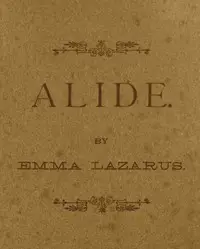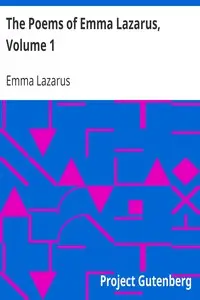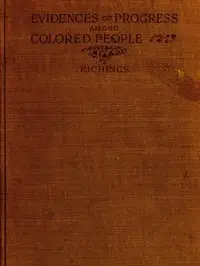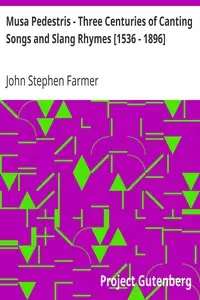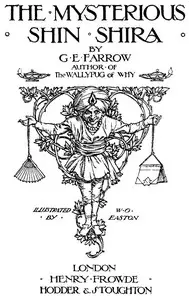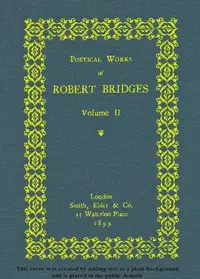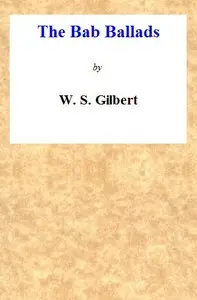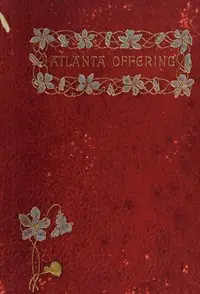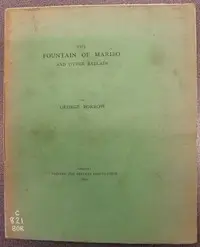"The Poems of Emma Lazarus, Volume 2" by Emma Lazarus is a collection of poetry that was likely written during the late 19th century. This volume particularly showcases Jewish themes and translations of Hebrew works, reflecting the deep cultural and historical resonance of Jewish identity. The book serves as a poignant exploration of themes such as suffering, identity, resilience, and hope within the Jewish experience, presenting a spiritual and artistic homage to Lazarus's heritage. The opening of this volume begins with a biographical sketch of Emma Lazarus, offering insight into her life and the artistic influences that shaped her poetic voice. It highlights her early experiences with grief and nostalgia, revealing how these emotions evolved into a mature expression of Jewish identity and cultural pride. In the initial poems, themes of exile, historical legacy, and the Jewish New Year are explored, alluding to the somber yet hopeful journey of the Jewish people through history. The essence of her work resonates with a yearning for homeland and identity, coupled with a passionate call for unity and remembrance among her people. This emphasis on the intersection of personal and collective memory sets the tone for the rest of her compelling collection. (This is an automatically generated summary.)
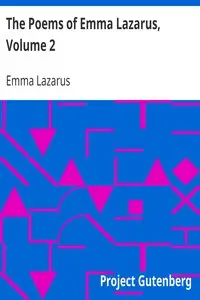
The Poems of Emma Lazarus, Volume 2 Jewish poems: Translations
By Emma Lazarus
"The Poems of Emma Lazarus, Volume 2" by Emma Lazarus is a collection of poetry that was likely written during the late 19th century. This volume part...
Emma Lazarus was an American author of poetry, prose, and translations, as well as an activist for Jewish and Georgist causes. She is remembered for writing the sonnet "The New Colossus", which was inspired by the Statue of Liberty, in 1883. Its lines appear inscribed on a bronze plaque, installed in 1903, on the pedestal of the Statue of Liberty. Lazarus was involved in aiding refugees to New York who had fled antisemitic pogroms in eastern Europe, and she saw a way to express her empathy for these refugees in terms of the statue. The last lines of the sonnet were set to music by Irving Berlin as the song "Give Me Your Tired, Your Poor" for the 1949 musical Miss Liberty, which was based on the sculpting of the Statue of Liberty. The latter part of the sonnet was also set by Lee Hoiby in his song "The Lady of the Harbor" written in 1985 as part of his song cycle "Three Women".

